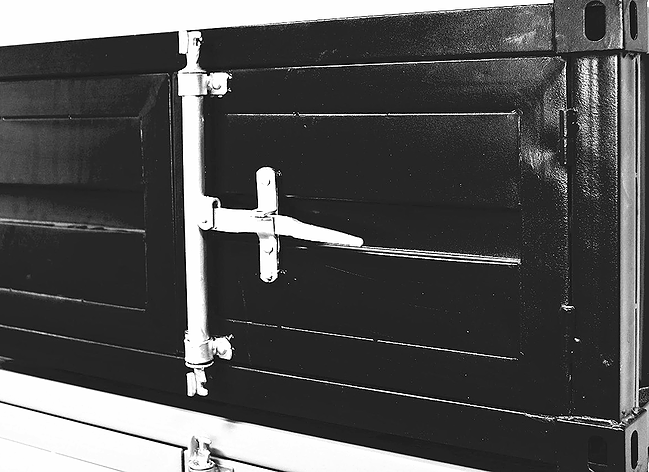Jesse will be presenting his work at The Art of Logistics conference hosted by the Queen Mary University in London on June 4, 2016.
https://www.artsoflogistics.com/
Logisticality & Territorial Form
If logistics has a form, it might be most evident at the scale of territory. Beyond the simultaneous technical, political, and physical aspects of territory, time is a factor as well. Logistics, as both a branch of knowledge and an area of work, is fundamentally concerned with the management (measure & control) of things in space and over distance (land, terrain, time) and thus is fundamentally a territorial concern. Between the protocols and calculations of management and the contingencies of things on the ground is a murky and slack mediating layer of logistics that allows the former to exist in the latter. Logistics and its forms enable this through a host of specific strategies that employ elements of architecture, infrastructure, and planning. These in turn prompt questions about the aspects of territorial form more generally. This presentation will argue that territorial form has a specific set of properties driven by logistics and characterized by the tendencies of logistics, including illegibility, contingency, incompleteness, fugitivity, and topologicality. I develop these features by first plotting polarities between image of form and between territory and landscape. Crossing these terms yields four categories, including territorial form (e.g. as opposed to territorial image, landscape form, or landscape image). By developing a case for some of the properties of territorial form and its relationship to logistics, I argue for an understanding of the condition of logistics more generally. Referring to this condition as logisticality, the article concludes with initial hypotheses relating to topology, calculation, and specification.



